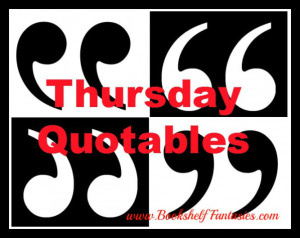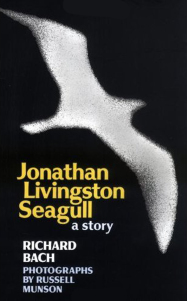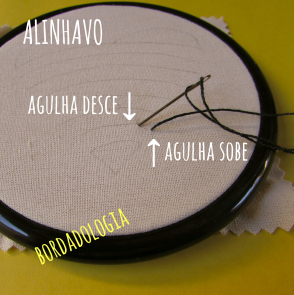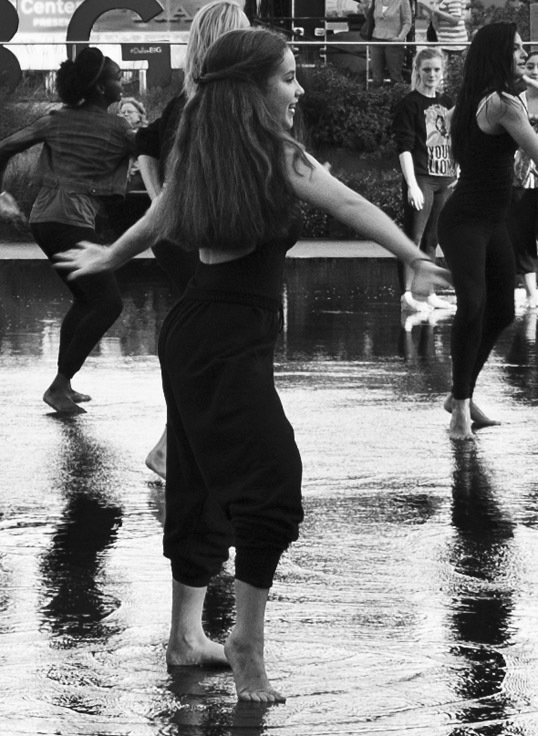
Dallas Arts District
Dallas, Texas
Over several years, for the month of June, I wrote about a short story that was available online each day of the month…. It seemed like a good idea at the time. My blog readership fell precipitously and nobody seemed to give a damn about what I was doing – which was a surprising amount of work.
Because of this result, I’m going to do it again this year – In September this time… because it is September.
Today’s story, for day 8 – Haunting Olivia, by Karen Russell
Read it online here:
Haunting Olivia, by Karen Russell
The goggles are starting to feel less like a superpower and more like a divine punishment, one of those particularly inventive cruelties that you read about in Greek mythology.
—-Karen Russell, Haunting Olivia
Magical realism is a tricky thing. It is much easier to pull off in Spanish than in English. If not done correctly it simply feels strange and twee.
But if done right it is entertaining and can carry an emotional wallop.
I like what Karen Russell has done in today’s story. It is mostly realism tinged with just the right amount of magic. At first you aren’t sure – the story of two young boys looking for the ghost of their beloved baby sister – their imaginations are expected to run wild. But there are just enough clues to tell you that the world of Haunting Olivia isn’t quite the same dreary one that we get up and go to work in every day.
She pulls it off. In English.
Interview with Karen Russell from Guernica:
Guernica: The term “magical realism” refers to a specific movement in Latin American literature, though it’s now used to encompass a range of writers, from Rushdie to Díaz, Kafka to Aimee Bender. To what extent have magical realist writers influenced you? Do you see yourself in that tradition?
Karen Russell: It’s funny, for a long time I would go watermelon-red and deny that I was a magical realist. It felt imprecise to me, a misrepresentation. Because, as you say, that term refers to a very specific historical moment and movement in Latin American literature. Now, of course, you see the term “magical realist” applied to basically any story told with a little shimmer on the lens.
I still get shy about applying the term “magical realism” to my own work. But I would not be writing the way I do today had I not fallen in love with Borges, Rulfo, Márquez. I was hugely excited to read One Hundred Years of Solitude, and Rulfo, and Julio Cortázar’s Blow-Up: And Other Stories and Hopscotch. European fabulists like Calvino and Kafka and American dark romantic weirdos like Poe also expanded my ideas of what fiction could be, and could do.
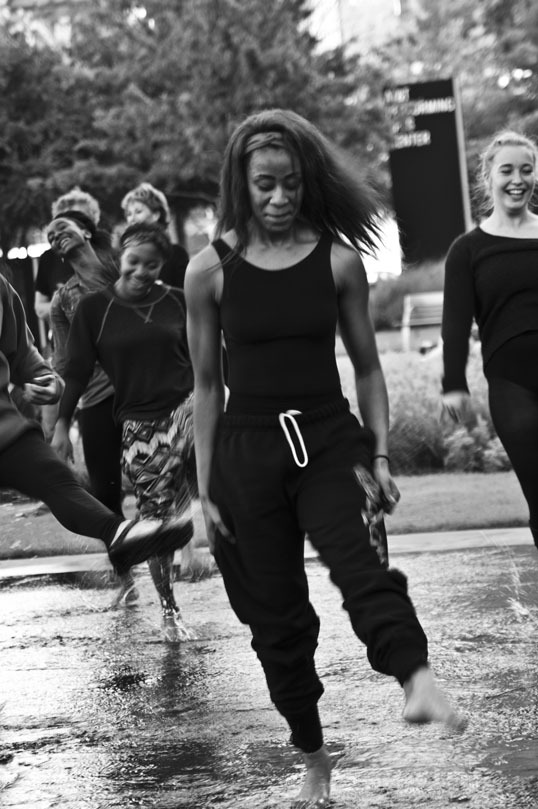
Dancers, Arts District, Dallas
Advertisements Share this:


